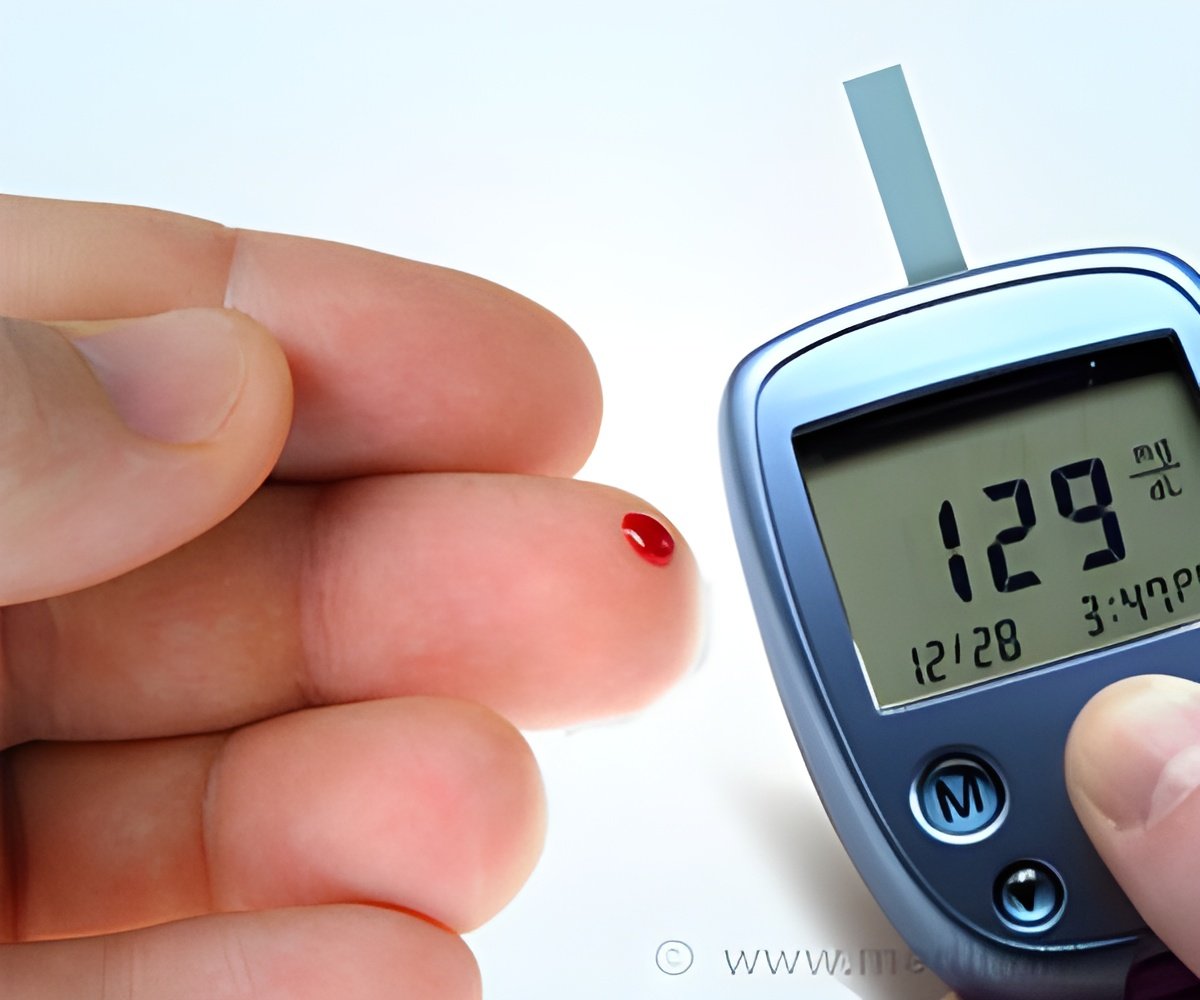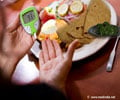New insights into the molecular process of how some people get type II diabetes have been found, and this could lead to new ways of preventing people from getting the condition.

Insulin resistance is when cells fail to respond to insulin in the body. Insulin enables the body to regulate sugar levels. Too much sugar can be toxic and leads to type II diabetes.
The research, published in PLOS ONE, found that several markers of insulin resistance were increased following sustained exposure (6-8 weeks) to hypoxia at high altitude and that this change was related to increased blood levels of markers of inflammation and oxidative stress. The data came from a study called Caudwell Xtreme Everest, which took place in 2007 and was coordinated by the UCL Centre for Altitude, Space and Extreme environment medicine (CASE Medicine).
Source-Eurekalert
 MEDINDIA
MEDINDIA




 Email
Email










